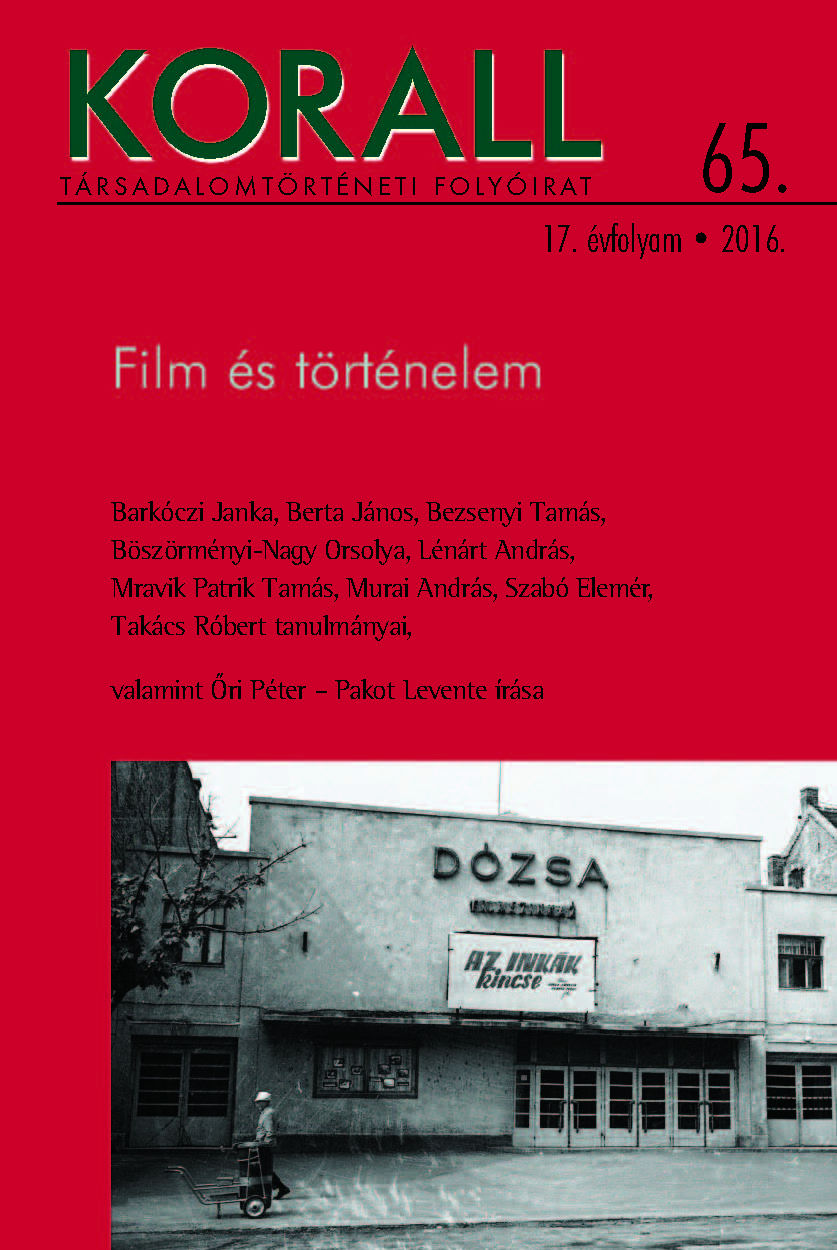„Itt maguknál öröm lehet rendőrnek lenni!”
“It should be a pleasure to be a cop here!”
Representation of Crime in Fiction Movies of the Kádár Era
Author(s): Tamás Bezsenyi, András LénártSubject(s): Cultural history, Social history, Film / Cinema / Cinematography
Published by: KORALL Társadalomtörténeti Egyesület
Keywords: history;socialism;film;
Summary/Abstract: The Hungarian films of the Kádár era depicted a world, where street robbery or theft were completely out of question, but if they happened, there was an international conspiracy involving high politics in the background. In the films of the Kádár era, sin and crime were almost by definition political acts, or were turned into one in the plot. Criminality as social dysfunction thus gained, according to our hypothesis, tendentious economic or political meaning in the movies. The ideological enemy construction can be traced through an analysis of the characters of the film, such as the elusive former fascist, the imperialist agent or the dubious defector, who all received important roles. In our research, which is primarily based on thrillers, spy movies and war dramas, we collected the archetypes of criminals, whose characteristics changed from decade to decade. By the end of the era, the ideological division transformed into actions combatting international crime, and ordinary crimes gained importance on their own; parallelly, their political character changed completely. The system-critical comedies (like Kojak in Budapest) pointed out that there was no real domestic enemy, only dysfunctions of the socialist society. In the films of the Kádár era the use of political crime became a snake biting its own tail, where the viewer could laugh at the narrative’s total lack of credibility, through the anti-state inspired interpretation.
Journal: Korall - Társadalomtörténeti folyóirat
- Issue Year: 2016
- Issue No: 65
- Page Range: 108-136
- Page Count: 29
- Language: Hungarian

